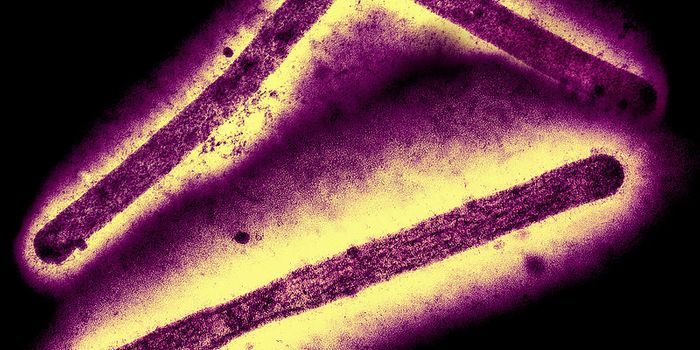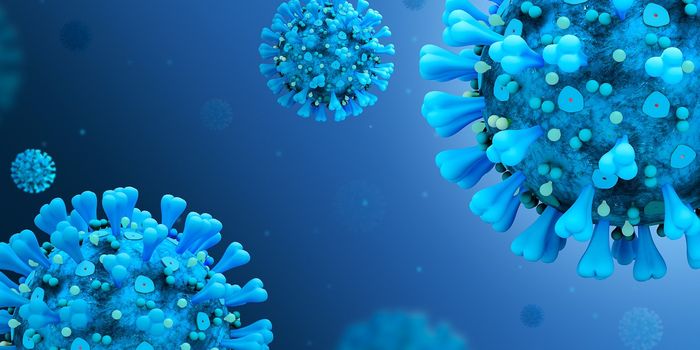Defective Viral Genomes Help Infections Linger
Cells that are infected with a virus sacrifice themselves, dying before the virus has a chance to use the cell’s own machinery to replicate and spread to other cells. This is why viral infections like respiratory syncytial virus (RSV), measles, parainfluenza, and Ebola are acute, not long-lasting. But when viruses find a way to linger in their host’s cells without being killed by the immune system, the infection transforms from acute to chronic, causing multiple complications.
In a new Nature Communications study, researchers from the University of Pennsylvania identify a mechanism responsible for viruses overstaying their welcome in the human body. The culprit? Defective viral genomes.
As a virus invades the body and begins to mass-produce itself by manipulating the replication machinery of the body’s own cells, the virus can make mistakes while replicating the genome, leading to defective viral genomes (DVGs) present in some cells. Senior author of the new study, Carolina B. López, has researched DVGs for a long time. Interestingly, DVGs simultaneously instigate an immune response to the virus and stimulate a molecular pathway that prevents infected cells from self destruction.
“DVGs promote persistent infections in tissue culture," López explained. "How do you reconcile that with the fact that they're also very immunostimulatory? How can they help clear virus at the same time as they promote persistence? Our work helps explain this apparent paradox."
In her newest study, López and her team of researchers observed DVGs in cells, picking apart the cells with full-length genomes, the cells with DVGs, and the cells with some of each. Then, researchers infected healthy cells with either RSV or the Sendai virus, looking at the difference when viruses were DVG-deficient versus DVG-rich.
Researchers observed cells infected with DVG-rich virus surviving significantly longer than those with DVG-deficient viruses, confirming that DVGs were directly involved in the survival of virally-infected cells.
How exactly are DVG-rich virally-infected cells avoiding apoptosis? A gene expression analysis revealed that “pro-survival genes” are very active in DVG-rich cells.
“These data show that our cells are wired to survive if they are engaged in an antiviral response, explaining the paradoxical functions of DVGs,” Lopez explained. “It seems that in order to persist, the virus is taking advantage of these host pathways that are there to promote the survival of cells working to eliminate the virus."
Now that Lopez knows how viruses are able to linger in the body, she hopes to find a way to prevent this from happening. "I want to see if there's a way we can harness this pathway to minimize and avoid the persistence of these viruses.”










